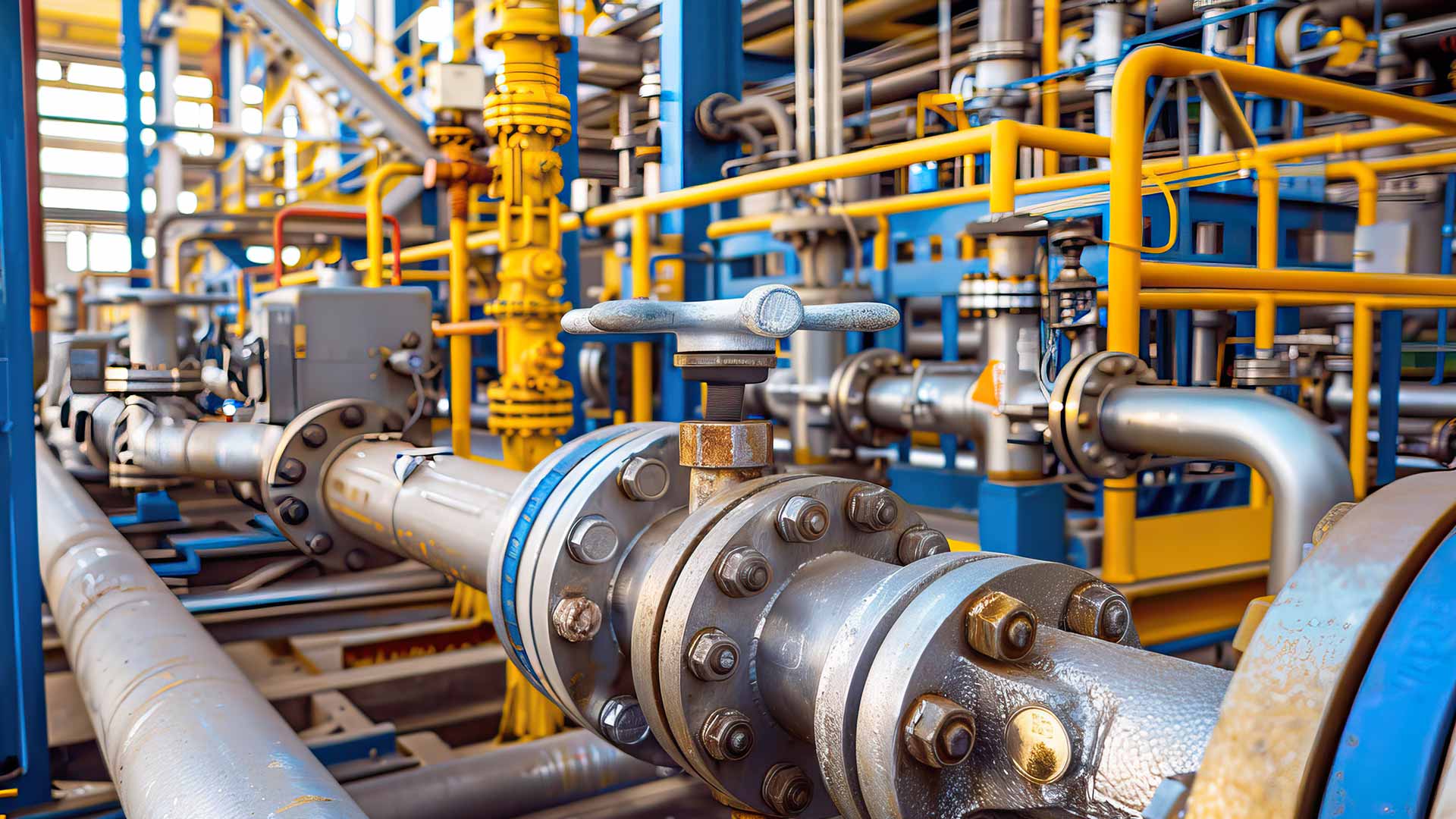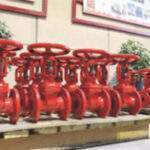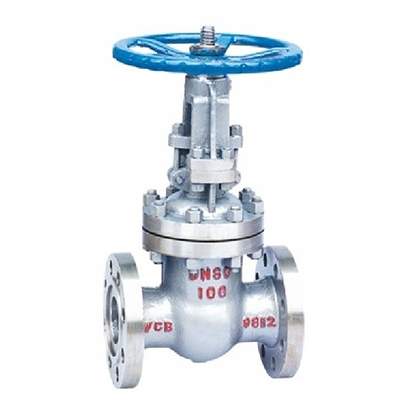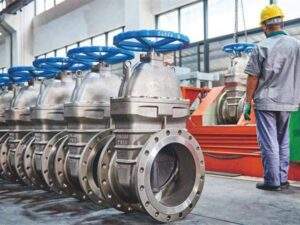Welcome to My Blog!
Before we dive into the content, if you’re interested in our products or have any questions, please feel free to visit our Contact Us page on the website. Our team is ready to assist you with inquiries, orders, or any support you may need.
Now, let’s get started on our journey together. I hope you find the content here insightful, engaging, and valuable.
Introduction
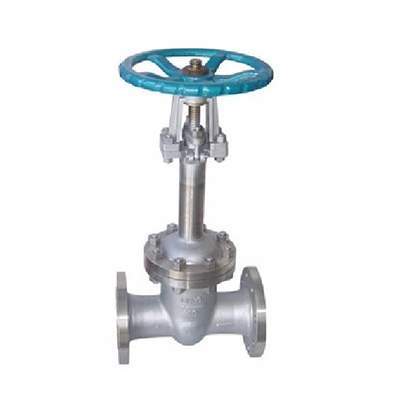
High pressure gate valves are essential components in many industrial systems, including oil and gas pipelines, petrochemical plants, power generation, and water treatment facilities. These valves are designed to control the flow of fluids under high pressure, ensuring system safety and efficiency. Selecting the right material for a high pressure gate valve is crucial, as it directly affects the valve’s performance, durability, and resistance to corrosion and wear.
Understanding the basic functions and applications of these valves helps engineers and procurement teams make informed decisions when choosing materials. Materials must withstand extreme pressures, high temperatures, and potentially corrosive environments, making careful selection vital for long-term reliability.
Common Materials Used in High Pressure Gate Valves
Carbon Steel
Carbon steel is widely used due to its strength and cost-effectiveness. It performs well under high-pressure conditions but may require protective coatings or treatments in corrosive environments. Carbon steel valves are commonly employed in water, steam, and non-corrosive fluid applications.
Stainless Steel
Stainless steel offers superior corrosion resistance, making it ideal for chemical, petrochemical, and marine applications. It maintains strength and durability under high pressure while resisting rust and chemical degradation. Common grades include 304 and 316 stainless steel, each suited to specific operating conditions.
Alloy Steel
Alloy steels, including chrome-moly and nickel-based alloys, are chosen for high-pressure, high-temperature applications. These materials combine strength, toughness, and thermal stability, making them suitable for steam pipelines, refineries, and other demanding industrial environments.
Bronze and Brass
Bronze and brass are less common but are used in applications requiring moderate pressure and excellent corrosion resistance. They are often selected for water systems and some chemical processes.
Special Materials for Corrosive Environments
In highly corrosive or abrasive conditions, specialized materials such as duplex stainless steel, Hastelloy, or titanium may be required. These materials offer exceptional resistance to chemical attack, extending the lifespan of valves in harsh environments.
Pressure Ratings and Material Considerations
Understanding pressure ratings is critical when selecting materials for high pressure gate valves. Valves are categorized based on their pressure class, and the material must match the system’s maximum operating pressure.
Material selection also influences pressure handling capabilities. For instance, alloy steel valves can handle extremely high pressures, while bronze or brass valves are limited to lower pressure applications. Compliance with API and ISO standards ensures that materials are suitable for intended industrial uses, maintaining both safety and performance.
Temperature Resistance of High Pressure Gate Valve Materials
High pressure gate valves often operate in extreme temperature environments. Carbon steel valves are effective up to certain temperatures but may weaken under prolonged high-heat exposure. Stainless steel and alloy steel provide higher thermal resistance, making them suitable for steam, oil, and high-temperature chemical processes.
Selecting materials that can withstand the operating temperature range prevents deformation, leakage, and premature wear, ensuring long-term reliability.
Corrosion and Wear Resistance
Corrosion and wear are major challenges in industrial valve applications. Materials like stainless steel, duplex steel, and certain alloys offer excellent corrosion resistance, reducing maintenance needs and preventing leaks. Protective coatings and surface treatments, such as epoxy or PTFE lining, can further enhance durability in aggressive environments.
Regular inspection and maintenance, along with proper material selection, are key strategies for minimizing corrosion-related failures.
Valve Components and Material Requirements
A high pressure gate valve consists of multiple components, each requiring specific material considerations:
- Valve Body: Typically made of carbon steel, stainless steel, or alloy steel for strength and pressure resistance.
- Bonnet and Stem: Materials must resist wear and corrosion; stainless steel or alloy steel is common.
- Seats, Seals, and Packing: Often made from soft metals or polymers that can withstand pressure, temperature, and chemical exposure.
- Actuators and Fasteners: Material selection ensures operational reliability and safety in high-pressure environments.
Choosing appropriate materials for each component ensures overall valve performance and reduces the risk of system failures.
Maintenance, Durability, and Material Lifespan
The lifespan and maintenance needs of a high pressure gate valve are closely tied to the materials used. Durable materials like stainless steel and high-grade alloys reduce the frequency of maintenance, while weaker materials may require more frequent inspections and part replacements.
Common failures include stem wear, seat erosion, and body corrosion, which can be mitigated through proper material selection, lubrication, and timely maintenance. Engineers should consider the operating conditions, including pressure, temperature, and fluid type, to predict valve longevity accurately.
Choosing the Right Material for Your Application
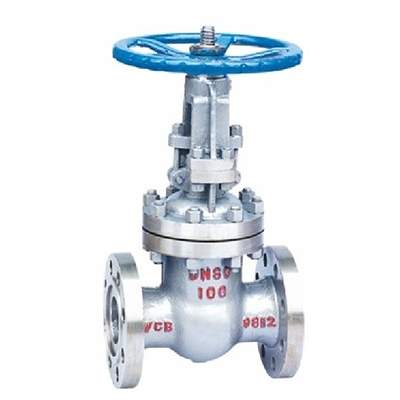
Selecting the right material requires balancing pressure and temperature requirements, fluid characteristics, and cost considerations. While alloy steels offer superior performance, they are more expensive than carbon steel. Stainless steel provides excellent corrosion resistance at a moderate cost, suitable for most industrial fluids.
Case studies show that thoughtful material selection significantly improves valve performance and reduces downtime, emphasizing the importance of consulting material experts and considering long-term operational factors.
Conclusion
Material selection is a critical factor in the performance, safety, and longevity of high pressure gate valves. Understanding the strengths, limitations, and suitability of different materials allows engineers and procurement teams to make informed decisions. By carefully considering operating conditions, pressure ratings, temperature ranges, and corrosion resistance, you can ensure that your high pressure gate valves deliver reliable performance for years to come.
FAQ
What is a high pressure gate valve?
A high pressure gate valve is a type of valve designed to control fluid flow in pipelines under high pressure. It provides tight sealing and reliable operation in industrial systems like oil, gas, and power plants.
What materials are commonly used for high pressure gate valves?
Common materials include carbon steel, stainless steel, alloy steel, and sometimes bronze or specialized alloys for corrosive environments. Material choice depends on pressure, temperature, and fluid type.
How do I choose the right high pressure gate valve for my system?
Consider factors such as maximum operating pressure, temperature, fluid type, valve size, and material compatibility. Compliance with API and ISO standards also ensures safety and performance.
Can high pressure gate valves prevent leakage?
Yes, when properly selected and maintained, high pressure gate valves offer excellent sealing performance. Using the correct seat material and regular maintenance helps prevent leaks.
How often should high pressure gate valves be maintained?
Maintenance frequency depends on operating conditions and material. Generally, valves should be inspected regularly for corrosion, wear, and proper sealing, with routine lubrication and replacement of worn parts as needed.
Need Help Choosing the Right High Pressure Gate Valve?
If you’re unsure about which high pressure gate valve is best for your system or application, our experts are here to guide you. Contact us today for a personalized consultation, and ensure your pipeline or industrial system operates safely and efficiently. Don’t wait until problems arise—get in touch now to optimize performance and protect your equipment!

